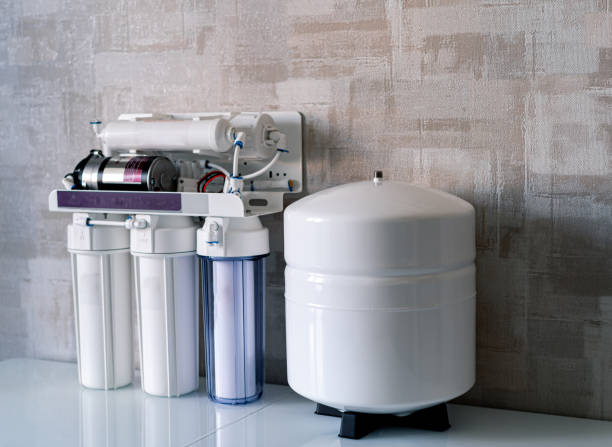Domestic Water Filters
Domestic Water Filters
There are several domestic water filtration equipment options available on the market. Here are some common types:
Water Pitcher Filters: These are simple and affordable filtration systems that use activated carbon filters to remove impurities like chlorine, sediment, and some heavy metals. Water is poured into a pitcher with a built-in filter, and as it passes through the filter, contaminants are removed.
Faucet-Mounted Filters: These filters attach directly to your faucet and provide on-demand filtered water. They typically use activated carbon filters or a combination of carbon and other filtration media to remove impurities. Faucet-mounted filters are easy to install and offer a convenient way to filter water for drinking and cooking.
Countertop Filters: Countertop filtration systems sit on your kitchen counter and are connected to the faucet via a hose. They usually consist of multiple filtration stages, including activated carbon, sediment filters, and sometimes additional technologies like reverse osmosis or UV sterilization. Countertop filters can handle a larger volume of water and provide more comprehensive filtration compared to pitcher filters or faucet-mounted filters.
Under-Sink Filters: These filtration systems are installed under your kitchen sink and provide filtered water through a separate faucet mounted on the sink or by connecting to your existing faucet. Under-sink filters often use a combination of carbon filters, sediment filters, and other technologies to remove contaminants. They are typically more advanced and have a higher capacity than countertop or faucet-mounted filters.
Reverse Osmosis Systems: Reverse osmosis (RO) systems are known for their high filtration capabilities. They use a semi-permeable membrane to remove a wide range of contaminants, including dissolved minerals, heavy metals, chemicals, bacteria, and viruses. RO systems are usually installed under the sink and include pre-filters and post-filters to enhance performance and taste.
Whole House Filtration Systems: These systems are installed at the point of entry where the water supply enters your house. Whole house filtration systems treat all the water coming into your home, providing clean water for drinking, bathing, laundry, and other household uses. They often combine multiple filtration technologies like sediment filters, carbon filters, and sometimes water softeners to address different types of contaminants.
When selecting a domestic water filtration equipment, consider factors such as the quality of your water supply, the specific contaminants you want to remove, the filtration capacity, maintenance requirements, and the cost of replacement filters. It’s also important to check product certifications to ensure the equipment meets industry standards for water filtration.



